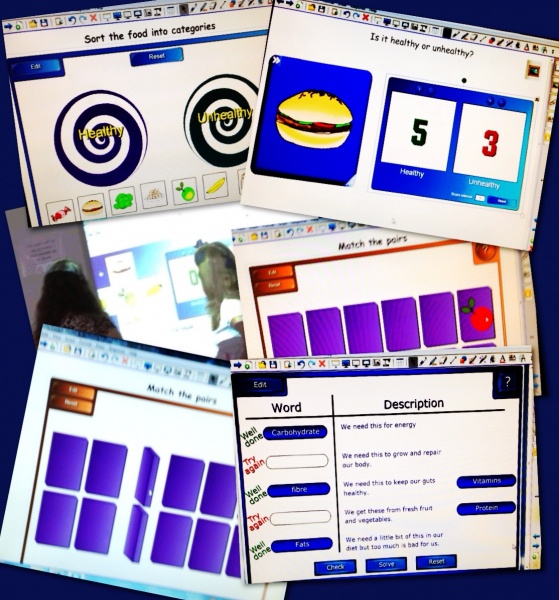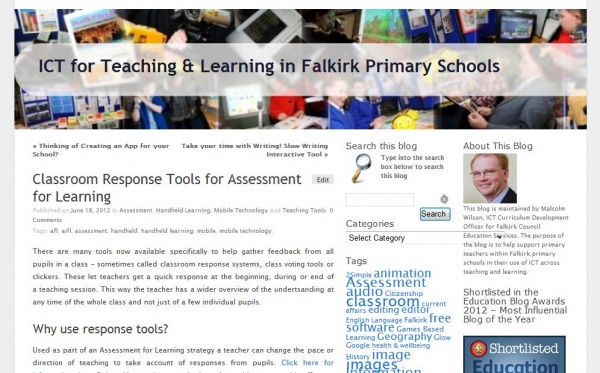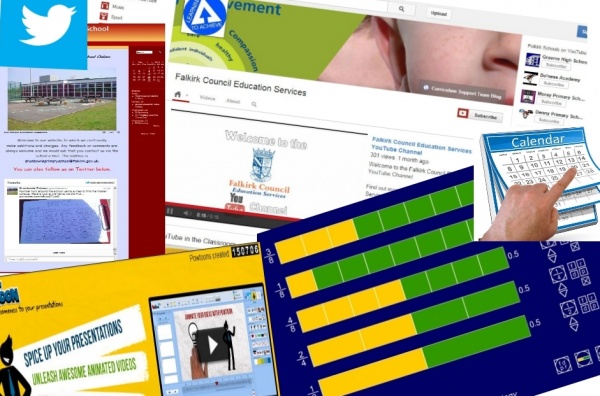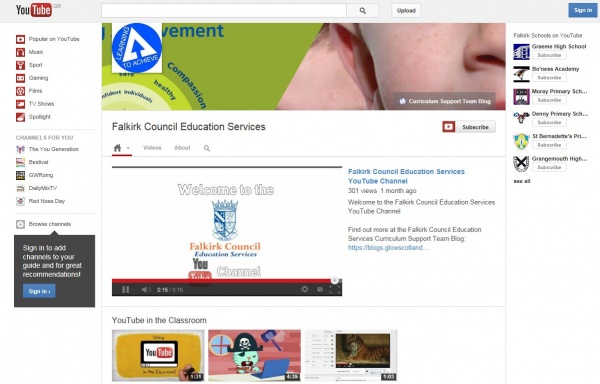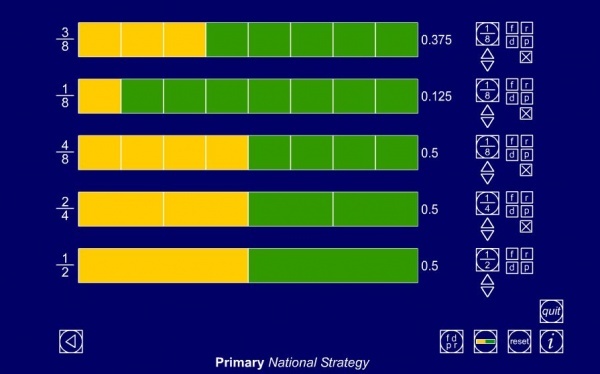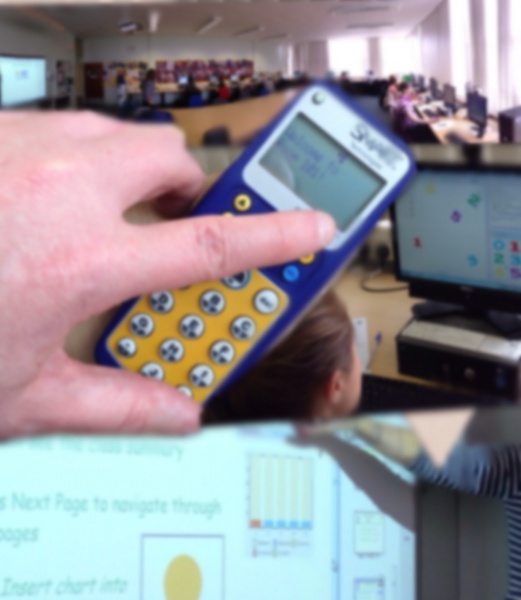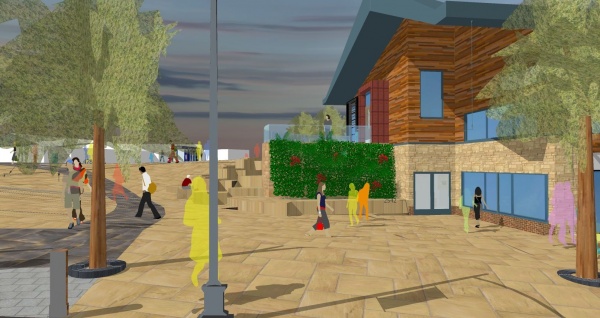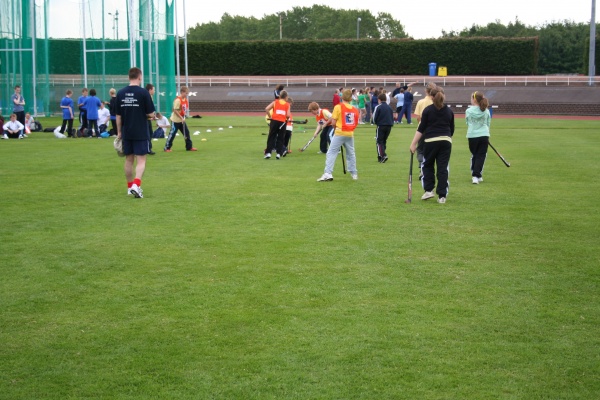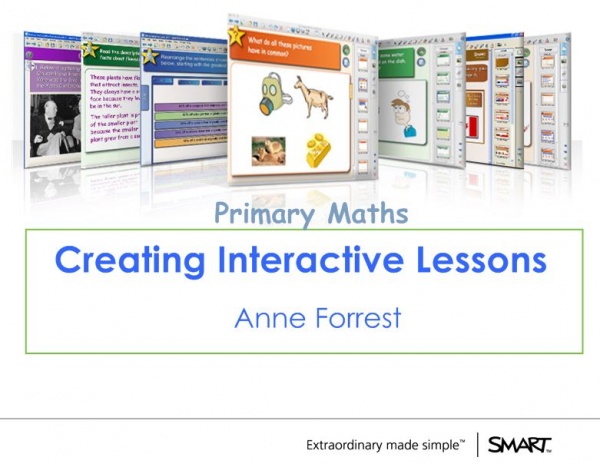General Teaching Council Scotland (GTCS) validates Falkirk Council Education Services Employee Review and Development (ERD) Framework
As part of the ongoing development of our ERD strategy, a team led by Norrie Mc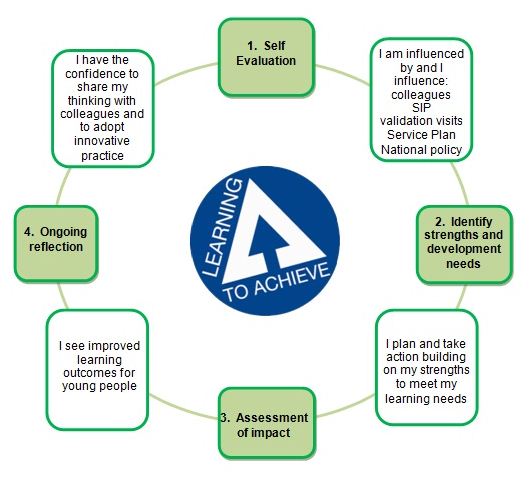 Kay from the GTCS visited Falkirk today to carry out a validation exercise. Along with Margaret Mackay (West Dunbartonshire) and Tara Lillis (NASUWT), Norrie met Anne Pearson, Service Manager of the Curriculum Support Team and Anne Hutchison, Support Officer Professional Development with the Curriculum Support Team as well as four groups of GTCS registered staff.
Kay from the GTCS visited Falkirk today to carry out a validation exercise. Along with Margaret Mackay (West Dunbartonshire) and Tara Lillis (NASUWT), Norrie met Anne Pearson, Service Manager of the Curriculum Support Team and Anne Hutchison, Support Officer Professional Development with the Curriculum Support Team as well as four groups of GTCS registered staff.
The groups included:
-
Permanent class teachers
-
Temporary and supply teachers
-
Promoted teachers
-
Specialist teachers ( Art, Music, PE, Outreach, Preschool Home Visiting, Specific Learning Differences teams)- Centre based staff ( QIOs, Pupil Support Manager, Curriculum Support Officer, Probationer Supporters, Support Teacher – Effective Learning and Teaching)
The purpose of the visit was to endorse the validity of the ERD process for GTCS registered staff in relation to Professional Update.
Anne Pearson and Anne Hutchison presented on the history of PRD in Falkirk. They discussed the big messages about the development of the revised ERD process (Glow log in required)and shared three key papers that explain the rationale and processes related to ERD. An engaging professional dialogue took place which was informative for all!
To validate the assertions made by the accountable officers, the GTCS team then met with 4 groups of staff who are involved in the new process and have informed opinions about their work profile & self evaluation prompt materials (Glow login required) . Once the triangulation process had been carried out, Anne Pearson and Anne Hutchison rejoined the validation team to hear the outcome of their scrutiny. Norrie McKay shared the team’s evaluation verbally and the service will receive a written report by the end of the session. This will be shared with all schools.
Overall, the feedback was highly positive and we anticipate that no conditions will be attached to the forthcoming validation report. Key strengths were identified:
– a quality process with quality documentation to back it up
– a clear vision for ERD in Falkirk with exemplary short, medium and long term planning
– coherence with other processes ( e.g. Recruitment, School Improvement Planning, Distributed Leadership)
– clear focus on the impact on teaching and learning
– high levels of trust in the process
– a continually improving process that responds to evaluations/feedback ( e.g. HT & validator survey monkeys)
– High quality partnerships with staff
– Staff think the central team has its finger on the pulse in relation to professional learning
The following recommendations were put forward for consideration:
– ensure involvement of temporary and supply staff
– continue to develop advice on evidence portfolios for Professional Update
– continue to reflect on the revised standards ensuring alignment
– continue to develop the quality assurance processes

